Checking
Maximize your checking: Compare high-yield checking accounts, no-fee checking accounts and more.
Explore checking basics

From no fees to online bill pay, here are the must-have checking account features.

If you overdraw your account frequently, then overdraft protection could be a good way to avoid hefty overdraft fees.
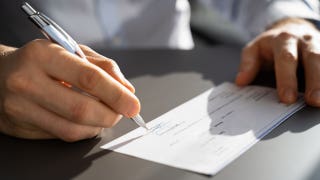
Checks aren’t as ubiquitous as they once were, but you may still have to write one.
Get started with a checking account
Checking
Available balance vs. current balance
Learn about the two separate balances you may see when looking at your bank account.
Checking
Checking account fees
Learn about the different kinds of checking account fees and what you can do to avoid them.

Checking
Bank account alerts to protect your money
Explore the types of bank account alerts you can set up to help you stay informed about your finances whenever and wherever you are.
Experts in all things banking
Our expert reporters and editors bring the news and analysis you need—backed by data and firsthand experience.
About Bankrate
Bankrate Financial Analyst

Principal U.S. Economy Reporter

Senior Economic Analyst
Compare top-rated banks
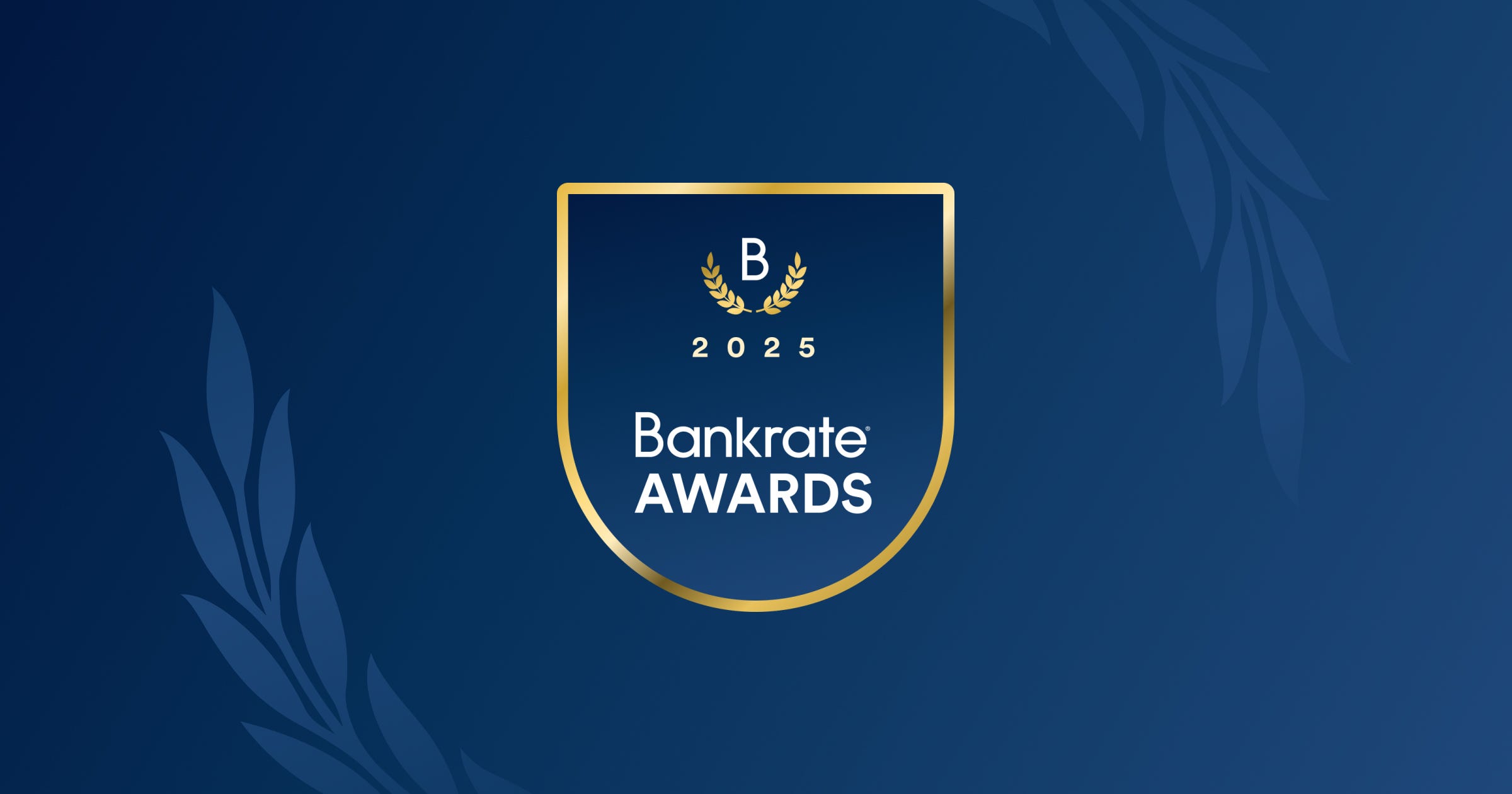
Latest articles

Mobile apps make managing your money a snap and mobile alerts can help protect it.

Online bill pay can add convenience and security to managing your routine bills.

A bank may deny you a checking account. Here is what you can do next.
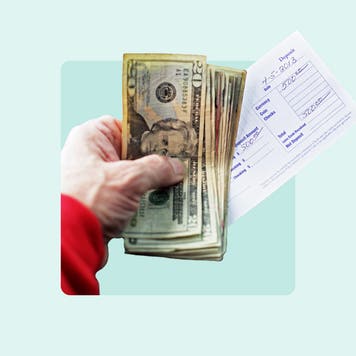
Depositing cash into someone’s account isn’t always possible, but there are options.

Knowing your limit before making a purchase can help you make smarter decisions.

A second-chance checking account is designed for those whose banking history may prevent them from opening a standard account. Applicants sometimes have past problems such as an unpaid negative balance [...]

Spend money, pay bills, write checks or make fund transfers with a checking account.

Here’s how these two bank fees compare and how to best avoid them.

A majority (81%) of Americans did not increase their emergency savings this year

Here’s how to boost your savings.

Ready to open a savings account? Here’s what you’ll need to know.

An emergency fund is an essential part of a solid financial plan.

It’s a low interest rate environment, but there are ways to earn more on your money.

Getting into the habit of paying yourself first is hard. Here are some ideas to help you start.
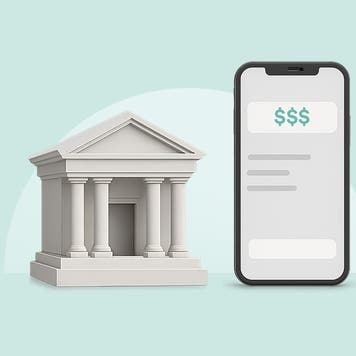
Keeping your savings in a bank down the street may seem like the obvious play, but there may be real downsides for doing so.
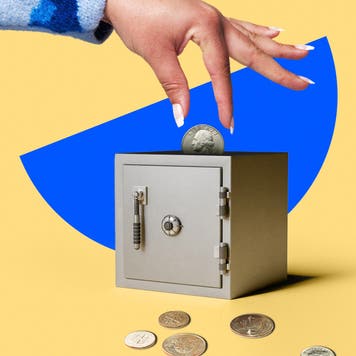
Comparing savings rates can ensure you get the best return on your savings.

A majority (81%) of Americans did not increase their emergency savings this year

Check out the latest CD rates from Bankrate’s weekly survey of banks and thrifts.

Here’s how to boost your savings.

Sometimes paying an early withdrawal penalty on a CD isn’t a bad idea.

The National Credit Union Administration is similar to the FDIC, which covers banks.

Mobile apps make managing your money a snap and mobile alerts can help protect it.

Ready to open a savings account? Here’s what you’ll need to know.

The Federal Reserve left interest rates unchanged at its first meeting of 2026, keeping borrowing costs in a target range of 3.5-3.75%. This decision (supported by a 10-2 vote) pauses a streak of three [...]
The trusted provider of accurate rates and financial information










